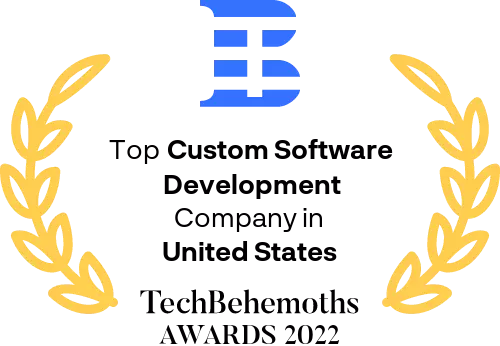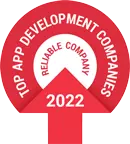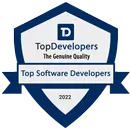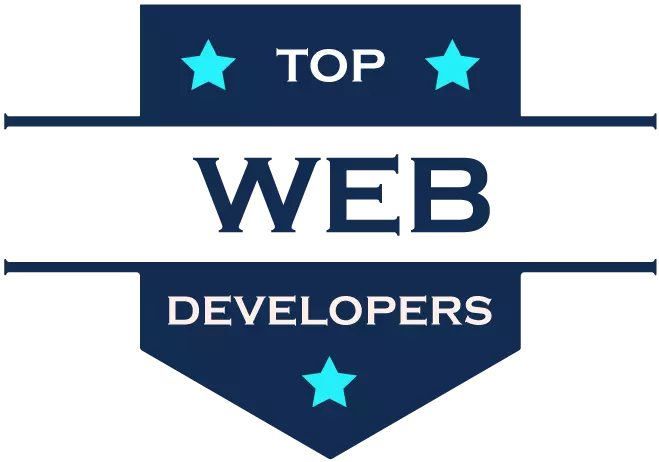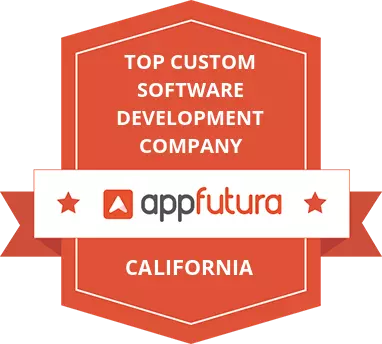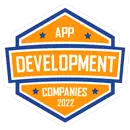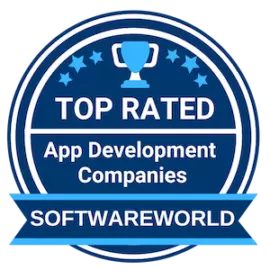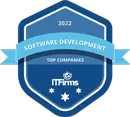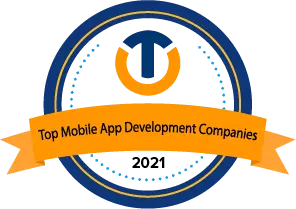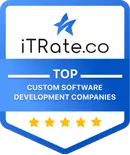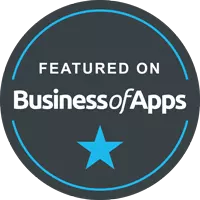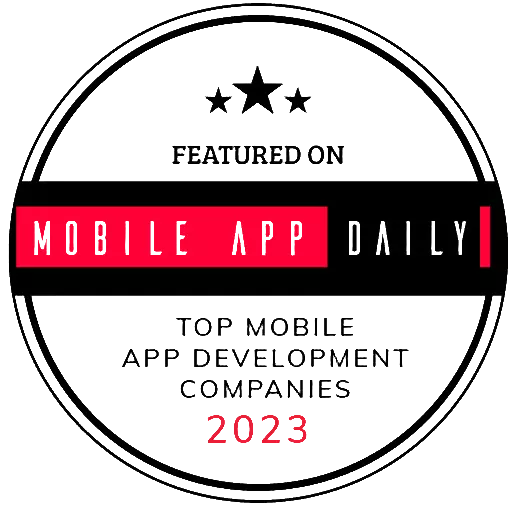Reducing Infrastructure Costs and Release Cycles for a FinTech Vendor
Description
A provider of FinTech services turned to Altoros to achieve faster time-to-market through shortening release cycles from months to weeks.
Brief results of the collaboration:
- Already serving 95 corporations, the customer successfully white-labeled its product by easing the adoption curve, enabling high integrability, and minimizing expenses on customization.
- The migration to a cloud-native platform as a service (PaaS) with an ecosystem of mature services enabled the company to reduce release cycles by 2x–4x, cut down on infrastructure maintenance by 2x, as well as enjoy scalability and availability.
- Addressing the needs of the financial industry, the customer offers a highly secure system with machine learning– based anomaly detection, data encryption, data access control, etc.
The customer
The company is a U.S. provider of currency hedging and exchange execution services to investors and financial institutions. Since its foundation in 2013, the customer raised $4.1 million in funding.
The need
The company had a platform that facilitated currency hedging and asset management to mitigate risks imposed by currency fluctuations. Nine global corporations were using the platform to offset potential losses on investments due to exchange rates. At some point, the customer recognized value in white-labeling its product. As part of this plan, the organization partnered with one of the leading financial holding companies in the world, growing its clientele to 95 corporations.
Each of these corporations had different processes, systems, and technology stacks that the platform needed to easily integrate and comply with. This required introducing a lot of customizations in an agile manner.
Relying on Altoros, the customer wanted to automate and speed up feature delivery. With the white-labeling strategy in force, the company also sought scalability, high availability, and ease of maintenance.
The challenges
Under the project, the team at Altoros had to address the following issues: As the platform analyzed sensitive financial information, ensuring proper data security was crucial. It was important to maintain high integrability of the product due to different internal processes, technology stacks, etc., of corporations using the system.
The solution
After thorough examination of the customer needs, the team at Altoros proposed migration to the Heroku PaaS. Primarily, the choice was justified by the PaaS offering integrated CI/CD tooling that allowed for executing releases with just a Git push. By setting up CI/CD pipelines across development, test, and production environments, our engineers reduced feature release time to a week. On top of that, developers at Altoros integrated analytical tools to the CI process: Code Climate for automated code review and RuboCop for code linting.
Conducting the migration without downtime, our team also configured Heroku’s ecosystem of services to ensure scalability and high availability, simplify DevOps routine, and facilitate infrastructure maintenance.
Then, engineers at Altoros implemented a variety of security measures, including machine learning algorithms to detect anomalies, data encryption to prevent unauthorized access, two-factor authentication and role-based permissions, as well as data access control to track who and when introduced any changes. Furthermore, our developers enabled tracking of project dependencies and notifications about the detected vulnerabilities.
By assessing a business logic of the customer’s product and identifying the bottlenecks, the team at Altoros adjusted the necessary processes and customized critical integration points to ease an adoption curve for end users.
Finally, our developers delivered a few new modules responsible for data preprocessing and aggregation, facilitating exposure of exchange rates, generating reports, etc.
1 week
from idea to production
2x–4x
faster
delivery
2x less
infrastructure costs
The outcome
Partnering with Altoros, the customer was able to successfully execute its white-labeling strategy by offering a FinTech product that eases an adoption curve, features high integrability, and minimizes customization. The migration to a cloud-native PaaS that has a mature ecosystem of services enabled the company to reduce release time by 2x–4x, cut down expenses on infrastructure maintenance by 2x, as well as ensure scalability and high availability. Thanks to a variety of the implemented security measures, the organization can also address the primary concerns of the financial industry.
Platform
Heroku
Programming language
Ruby
Frameworks and tools
Ruby on Rails, React.js, Amazon S3, Amazon SNS, Amazon QuickSight, Amazon SageMaker, Redis, Code Climate, RuboCop
Database
PostgreSQL, MongoDB
Seeking a solution like this?
Contact us and get a quote within 24 hours



